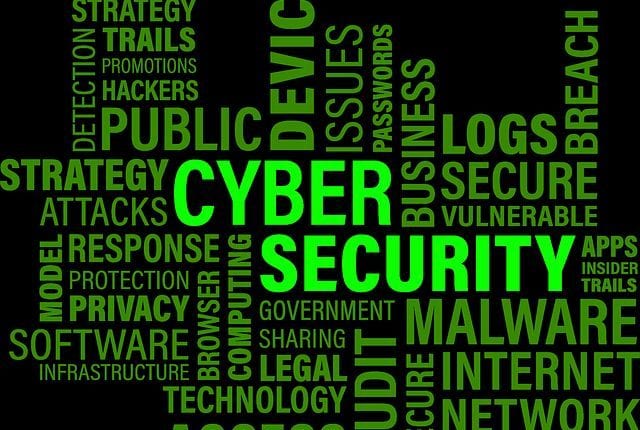Identity theft is a serious threat in our digital age, but there are steps you can take to protect yourself online. Here are some key areas to focus on:
Guarding Your Information:
- Be Wary of What You Share: Social media is a breeding ground for information gathering. Avoid sharing personal details like your birthday, address, or full name. Be mindful of security questions on accounts do not use answers easily gleaned from your social media profiles.
- Secure Communication: Refrain from sending sensitive information via email, text messages, or unsecured chats. These platforms are not guaranteed to be private.
- Scrutinize Websites: When entering personal information online, ensure the website is legitimate.

Building Strong Defenses:
- Password Powerhouse: Create strong, unique passwords for every account. These passwords should be long at least 14 characters and include a mix of uppercase and lowercase letters, numbers, and symbols. Consider using a password manager to help you generate and store these complex passwords securely.
- Two-Factor Authentication 2FA: Enable 2FA whenever possible. This adds an extra layer of security by requiring a second verification step, like a code sent to your phone, when logging in to an account.
- Software Savvy: Keep your devices protected with up-to-date security software, including antivirus and anti-malware programs. These programs can help detect and block malicious software that could steal your information.
Monitoring and Maintenance:
- Credit Report Check-Up: Regularly monitor your credit reports for any suspicious activity. You can obtain a free credit report from each of the three major credit bureaus Equifax, Experian, and TransUnion once a year. You can stagger these checks throughout the year to maintain continuous monitoring.
- Be Alert for Scams: Phishing scams are a common tactic used by identity thieves. The Cyber Church or messages often try to trick you into clicking a malicious link or revealing personal information. Be cautious of emails or messages that seem urgent or create a sense of panic. Do not click on suspicious links or attachments, and never share your personal information unless you are absolutely certain of the sender’s legitimacy.
- Digital Detox: Consider limiting the amount of personal information you share online in general. The less information available about you, the harder it is for thieves to steal your identity.
By following these practices, you can significantly reduce your risk of online identity theft. Remember, vigilance is key. Stay informed about the latest scams and security threats, and do not hesitate to report any suspicious activity to the relevant authorities.
